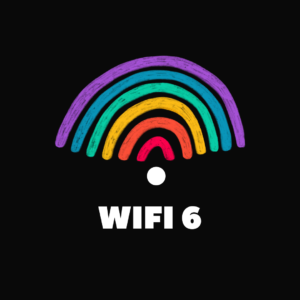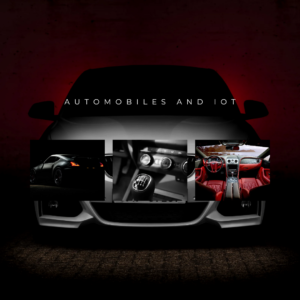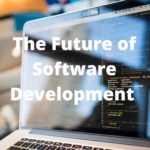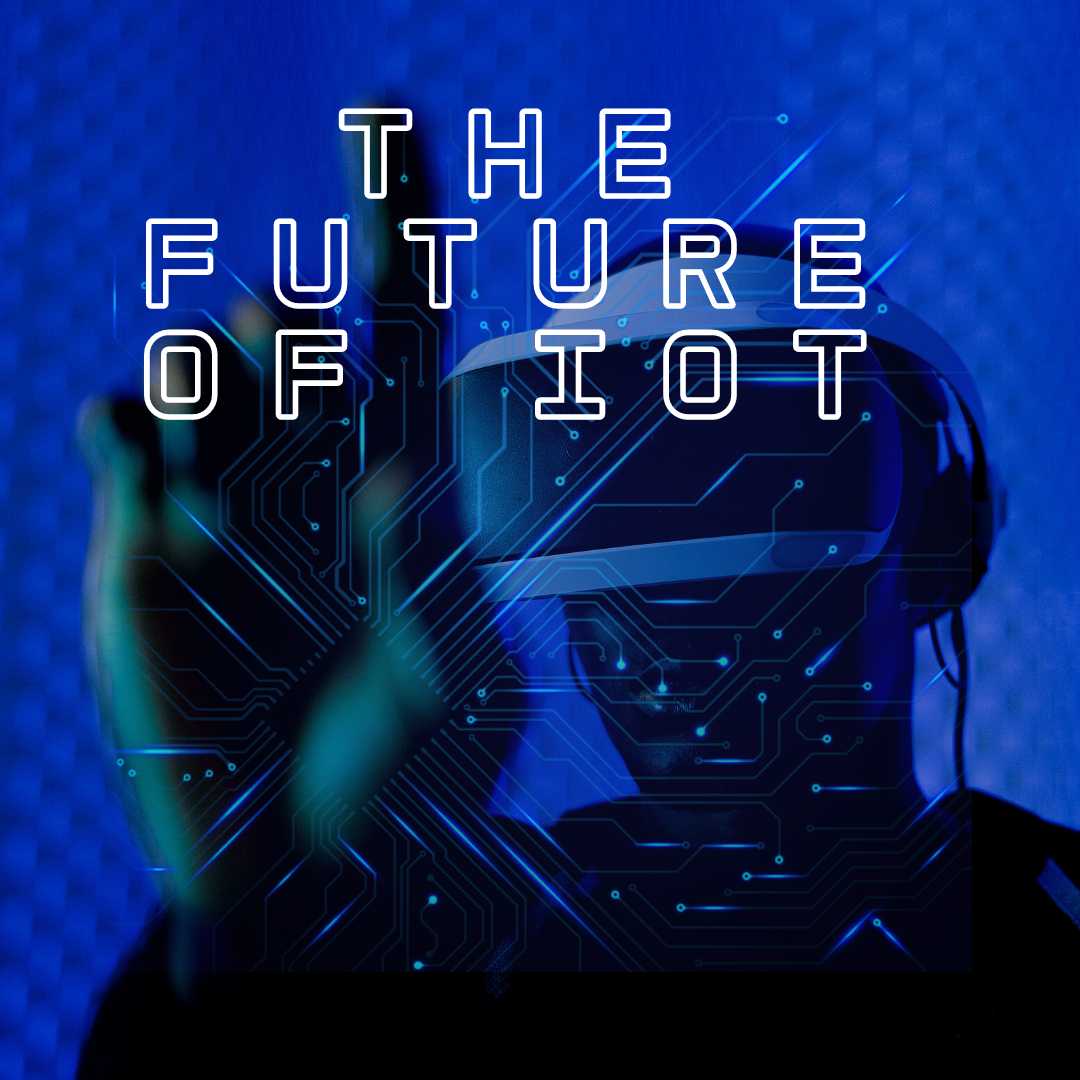One of the fastest evolving technologies in the world right now is the Internet of Things, called IoT. IoT is evolving at a fast rate that many cannot help but wonder what the next 10 or 15 years will look like in the IoT industry.
The future of IoT (Internet of Things) has limitless possibilities, and improvements on the IoT technology will be accelerated by increased network speed, seamless automations on wearable digital devices, integrated connectivity, artificial intelligence and in-depth practical applications of convoluted neural networks and machine learning.
Internet of things is a technology that connects the internet to things and appliances that we use every day. The advent of IoT has extended the accessibility of the internet beyond computers and mobile devices. Now, the internet works on watches, on freezers etc.
The future of IoT is dependent on the ability of designers and developers to automate daily processes, by connecting more work and household items to the internet for easy completion of tasks. So, you can connect your car, your television, your fridge, your watch, and even your spectacles to the internet. Thus, the future of the internet of things will be seen in different facets of human existence like health, agriculture, education, finances, entertainment etc.
Moreso, market research revealed that the internet of things will be connected to more than 75 billion devices in different countries of the world, Nigeria inclusive by 2025. Some reports even suggested that the number could be 100 billion. This statistic is proof that the internet will literally work on almost every device, thus making tasks easier.
In this article, I will share on the technologies on which IoT is built, the trends in IoT, and the future of IoT.
Table of Contents
The Concept of Internet of Things
The core of the IoT technology is built on the premise of expanding the array of interconnected devices that makes up the internet to things that we use everyday.
Up until the introduction of internet powered devices, the web and the telecommunication industry have been the biggest player in the internet, squeezing every juice they can from it. However, the web is becoming larger and solutions are being churned out everyday. Moreso, we cannot always access solutions by manually connecting to the internet and operating. What if we are unable to do so? What about the incapacitated?
These seeming impossibilities made it necessary to expand the scope of the internet to things that can be worn, held or implanted in a system.
Basically, the concept of the internet of things is built on deep learning technologies, like Artificial intelligence and Machine learning. So, it relies on data, facts, and also tries to contextualize situations through the convoluted neural network and deep learning technologies.
Today, the future of IoT lies in the expansion of these technologies. It also lies on the human ability to creatively think of solutions.
Read also: Transitioning into Tech in Nigeria: A comprehensive guide
Trends in Internet of Things
IoT is leading the campaign for societal digitization in different ways. Basic life activities are becoming more digitized. From autonomous robots, autonomous vehicles to smart home devices that regulate room temperature, it is evident that the future of IoT is filled with numerous digital miracles.
IoT will change the product design industry. Product design will take a new approach from thinking about users navigating through a device for solutions to users wearing chips or watches as solutions on their hands. The future of IoT in product design will be marked by wearables as solutions rather than digital solutions that needs to be manually accessed.
Here are some of the trends that characterize the future of IoT:
-
Smart connectivity technologies : 5G, WiFi 6
IoT technology solutions require a solid set up of network infrastructure before devices can function optimally. The current network infrastructure, the 4G LTE can only do the little it can but might not be able to maintain devices that require real time connection to an internet infrastructure before they can work.
The advent and growth of the 5G network will be a major determinant in the growth of IoT. It would expand the abilities of what internet powered devices can do.
Also for indoor settings , WiFi 6 will improve the connectivities of home devices making complex home tasks simple through seamless automations. These smart connectivities will improve the user experience of products that will be designed in years to come.
Thus, the future of IoT in product design is going to take a new shape as IoT expands.

smart connectivity technology
-
Wearable devices for health diagnosis
IoT has been of great help in the health care industry. We now have automations for complex medical processes, and AI predictions through the use of chips and micro implants. The IoT devices in health industry helps in keeping track of patient’s health and makes management easier.
The possibilities in the future of IoT for health care will also make it possible for doctors to get reports of patient’s health diagnosis even if they are not there. Wearable devices can send a patient’s symptom results to doctors through a safe network, with a correct diagnosis of what is wrong with the patient.
These possibilities will help reduce the error in diagnosis and treatments. The wearable devices are built on deep learning technologies and machine learning and can make accurate predictions, compared to human diagnosis which could have errors sometimes.

IoT improves healthcare
-
Precision Farming, Drones and AI built machine farm apps
Another industry that will enjoy the evolution of IoT is agriculture. Precision farming is simply observing basic farm processes with the use of IoT based devices like sensors. These sensors can calculate soil moisture, check soil fertility, check for diseased crops and give signals on detection.
Sensors in precision farming can also help farmers to irrigate their farms at periodic terms based on the perfect timing by the sensor. this will go a long way to improve the farming sector of Nigeria
Also, the use of drones will take a notch higher as IoT expands, drones will go beyond capturing farms, spraying insecticides and planting crops. There are speculations that drones will be able to send farm data to mobile devices connected to it, provide 3D view of the farm for inspection.
Another amazing trend that marks the future of the internet of things is smart green houses. Green houses are special houses built for the purpose of planting crops in a controlled environment. Most green houses are manually controlled. However, this method is less productive. The evolution of IoT will make it possible for us to have sensors that detect weather and climatic conditions and make adjustments in the green houses based on the detection.
Read also: 5 Smart Tips on How to Choose a Career in the Tech Industry

Drones are improved by IoT
-
Automobiles
A new trend in the automobile industry is autonomous vehicles. Autonomous vehicles have issues like stopping for road signals, detecting a human being or moving vehicle, slowing down at zebra crossing and many more issues to deal with.
The solution is to create IoT devices that will assist these autonomous vehicles to function at optimal level. We have some of the solutions already and some are still in the works. From smart cameras, to rain and proximity sensors; there are IoT chips that are being developed to help the effective functioning of autonomous vehicles. This is a big statement that the possibilities in the future of the internet of things are already here.
Subscribe to our newsletter here for more of this quality content.

Autonomous vehicles
-
Smart Homes
Smart apps like Google Assistant, Alexa, Siri have shown us what is obtainable in using technology for activities in our home. These devices can monitor security in the home, appliances and even help with suggestions on how to make the home look good. However, Mordor Intelligence predicts that the smart home industry will have a growth increase of 25% between now and 2025. This implies that the smart home industry will have newer updates which will boost the market.
Some of the new updates that the industry could introduce are: tasks automation for security, room temperature through IoT powered chips.

Smart homes
Conclusion
The future of the internet of things is laden with possibilities that we can only think about. However, the possibilities in this future are dependent on how well we take advantage of growing technologies that will help in building a world where the internet works on almost everything.
Do you have any questions or would you love to join our Whatsapp community? Do so here.
About Author
-
Henry is an SEO Content Writer and Technical writer. He adopts a balanced method of content research and SEO Best practices to create user centric content that rank on Google SERP.
Henry is Hubspot certified, and you can always count on his knowledge on content creation.
Latest entries
 TechnologyFebruary 6, 2023Quick Ways to Track a Missing iPhone in Nigeria
TechnologyFebruary 6, 2023Quick Ways to Track a Missing iPhone in Nigeria TechnologyJanuary 8, 2023How to Become a Front-end Developer in Nigeria
TechnologyJanuary 8, 2023How to Become a Front-end Developer in Nigeria TechnologySeptember 28, 2022Five Pro Tips For B2B Technology Marketing
TechnologySeptember 28, 2022Five Pro Tips For B2B Technology Marketing TechnologySeptember 13, 2022The Future of Software Development in Nigeria
TechnologySeptember 13, 2022The Future of Software Development in Nigeria

